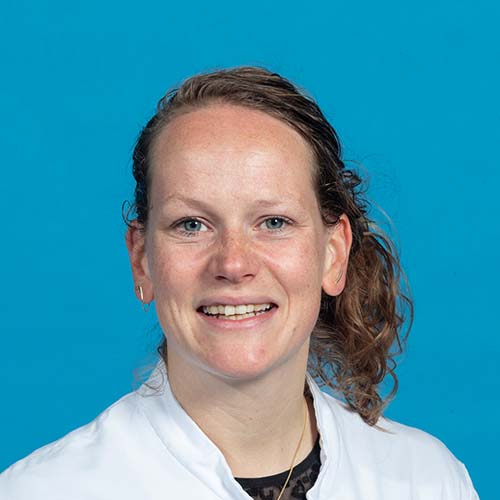About our Department
Our research
Background information
We use state of the art methods for studying hereditary monogenic and polygenic disorders. Next Generation Sequencing and functional studies play an important role in the unraveling of the diseases. For the functional genetics in vitro as well as in vivo models are used. We follow the most recent developments like the use of induced pluripotent stem cells (so-called iPS-cells) from isolated skin cells of patients. Widely applied animal models for the functional research are genetically modified mice and zebrafish. The functional work is performed in close cooperation with the Functional Unit of the Diagnostic section.
Overall aim
The overall aim is to understand the function of our genome and to identify causes of metabolic diseases, cancer, neurodevelopmental disorders, cardiovascular disorders and congenital malformations.
Research focus areas
The department Clinical Genetics performs innovative and high quality scientific research with a focus on three cornerstones:
- Neurogenetics.
- Genetics of congenital anomalies.
- Genetics of cardiovascular disorders.
Additional research lines include:
- Human cancers (uveal melanoma).
- Lynch Syndrome.
- Breast cancer.
- Psychological aspects of prenatal genetic testing.
- Non Invasive Prenatal Testing (NIPT).








